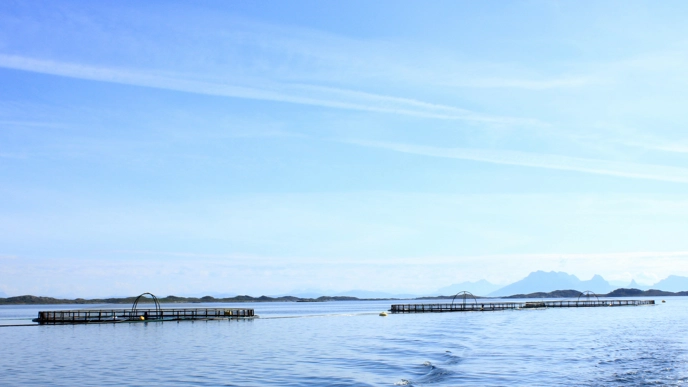
Aquaculture
Contact
Group members
Related researchprojects
Related research topics
Our main focus are feed protein from circular systems, not competing with our food supply, as microbes and insects. Their effects on fish production, nutrition and metabolism are in focus in addition to growth, gut function and gut microbiota.
Aquaculture, farming of aquatic animals and plants, is the fastest growing food production industry and has recently matched wild catch from fisheries. Salmonids, such as rainbow trout (Oncorhynchus mykiss) and Arctic charr (Salvelinus alpinus), as well as other carnivorous fish, such as Eurasian perch (Perca fluviatilis), require high levels of protein in their diet to maintain adequate growth.
Soy and fish meals are currently used as main protein sources in these diets, but these commodities are limited due to increased demand from humans. Microbes, such as baker's yeast (Saccharomyces cerevisiae) and micro fungi (Rhizopus oryzae), and molluscs, such as blue mussels (Mytilus edulis), are gaining attention due to their ability to convert nutrients from waste substrates into high quality protein. However, there is a lack of research that adequately assesses the impact of novel protein sources on fish health and nutrition.
Key research areas
- We specialise in numerous research techniques, such as sequencing of fish gut microbiota and dorsal aorta cannulation surgery for repeat blood sampling. These techniques allow us to investigate impacts of novel feed sources on growth and welfare indicators, such as beneficial microbial populations, postprandial blood changes, amino acid uptake, immune function and stress response.
- Our research group aims to evaluate feed utilization efficiency, welfare, gut physiology and food safety implications when feeding alternative protein sources to trout, charr and perch.
This research is divided into several projects (see below) and involves multiple collaborations between departments at SLU, Gothenburg University, Södertörn University, Stockholm University, Norwegian University of Life Sciences, Finnish Game and Fisheries Research Institute, An Giang University (Vietnam), Marine Aquaculture Research and Development Center (Cambodia), University of Queensland(Australia), University of Rwanda (Rwanda) och University of Dar es Salaam (Tanzania).
These international research projects aim to develop sustainable aquaculture feeds and improve farmed fish welfare in efforts to support the growth of the aquaculture industry in supplying food to meet the demands of the growing human population.